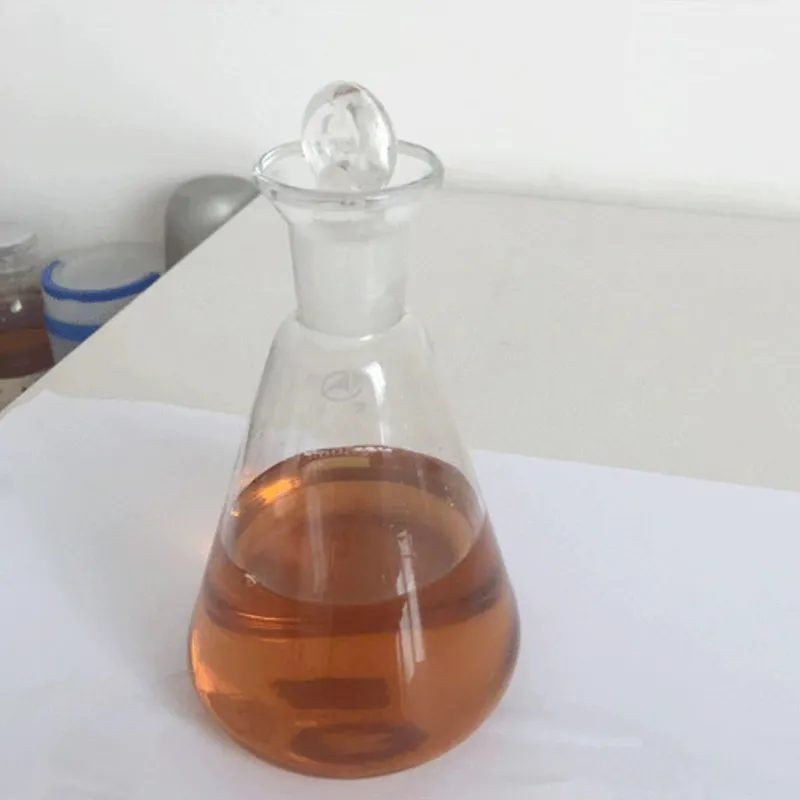
e201 preservative
Understanding E201 Preservative A Comprehensive Overview
In the realm of food technology and preservation, various additives play crucial roles in extending the shelf life of products, enhancing their flavor, and ensuring food safety. Among these additives, E201, also known as Sodium Sorbate, has gained significant attention. This article will delve into what E201 is, its applications, safety concerns, and its impact on food quality.
What is E201?
E201, or Sodium Sorbate, is a widely used preservative derived from sorbic acid. It appears as a white, odorless powder and is highly soluble in water. Sodium Sorbate functions primarily as an antimicrobial agent, inhibiting the growth of mold, yeast, and bacteria. This property makes it invaluable in various food products, helping to maintain their integrity over time.
Applications of E201
E201 is prevalent across a diverse range of foods and beverages
. Its applications include1. Baked Goods Sodium Sorbate is often added to bakery products such as bread, cakes, and pastries to prevent spoilage and extend freshness. It helps inhibit mold growth, ensuring that these products remain edible for longer periods.
2. Dairy Products Many dairy items, including yogurt and cheese, utilize E201 to stave off spoilage. This preservative is particularly effective in products that have high moisture content, where bacteria and molds flourish.
3. Beverages E201 is commonly found in soft drinks and other non-alcoholic beverages. It helps prevent microbial contamination, ensuring that these products maintain their flavor and quality throughout their shelf life.
4. Processed Foods Items such as salad dressings, sauces, and pickled products often contain Sodium Sorbate to enhance longevity and safety.
e201 preservative

5. Cosmetics and Personal Care Beyond food, E201 is also used in cosmetics and personal care products to prevent microbial growth and prolong shelf life.
Safety and Regulatory Status
The safety of E201 has been a topic of discussion among consumers and health professionals alike. Regulatory agencies, including the European Food Safety Authority (EFSA) and the United States Food and Drug Administration (FDA), have evaluated Sodium Sorbate extensively. Both organizations deem E201 safe for consumption within established limits.
The Acceptable Daily Intake (ADI) for E201 is considered to be high, with minimal risk associated with its use. Nonetheless, some individuals may experience sensitivities or allergic reactions to preservatives. It is essential for those prone to allergies or intolerances to read ingredient labels carefully and consult healthcare professionals as necessary.
Consumer Awareness and Concerns
While E201 is considered safe, the growing trend of clean eating and natural ingredients has prompted consumers to be more discerning about food additives. Some individuals associate preservatives with unhealthy eating habits and prefer products labeled as preservative-free.
It is essential to strike a balance between food safety and natural consumption. Sodium Sorbate, when used appropriately, can prevent foodborne illnesses and ensure the safety of food products. Education around the functions and benefits of preservatives like E201 can help alleviate concerns and misconceptions.
Conclusion
In conclusion, E201, or Sodium Sorbate, is a vital preservative that plays a significant role in the modern food industry. Its ability to inhibit microbial growth ensures food safety and extends shelf life across a variety of products. While safety organizations support its usage within specific limits, consumer awareness is crucial. As we continue to navigate the complexities of food choices, understanding the role of preservatives like E201 can help consumers make informed decisions about their diet and health. Embracing a balanced perspective on food preservation can lead to safer, healthier food choices without sacrificing quality.
-
Pure Sodium Dichloroisocyanurate Dihydrate | Powerful DisinfectantNewsAug.29,2025
-
Industrial Chemicals: Quality & Purity for Every IndustryNewsAug.28,2025
-
Nitrile Rubber Honoring Strict Production StandardsNewsAug.22,2025
-
Aspartame Ingredients Honoring Food Safety ValuesNewsAug.22,2025
-
Fertilizer for Balanced Plant NutritionNewsAug.22,2025
-
Cyanide Gold Processing with High Purity AdditivesNewsAug.22,2025
-
Formic Acid in Textile Dyeing ApplicationsNewsAug.22,2025
Hebei Tenger Chemical Technology Co., Ltd. focuses on the chemical industry and is committed to the export service of chemical raw materials.
-

view more DiethanolisopropanolamineIn the ever-growing field of chemical solutions, diethanolisopropanolamine (DEIPA) stands out as a versatile and important compound. Due to its unique chemical structure and properties, DEIPA is of interest to various industries including construction, personal care, and agriculture. -

view more TriisopropanolamineTriisopropanolamine (TIPA) alkanol amine substance, is a kind of alcohol amine compound with amino and alcohol hydroxyl, and because of its molecules contains both amino and hydroxyl. -

view more Tetramethyl Thiuram DisulfideTetramethyl thiuram disulfide, also known as TMTD, is a white to light-yellow powder with a distinct sulfur-like odor. It is soluble in organic solvents such as benzene, acetone, and ethyl acetate, making it highly versatile for use in different formulations. TMTD is known for its excellent vulcanization acceleration properties, which makes it a key ingredient in the production of rubber products. Additionally, it acts as an effective fungicide and bactericide, making it valuable in agricultural applications. Its high purity and stability ensure consistent performance, making it a preferred choice for manufacturers across various industries.





